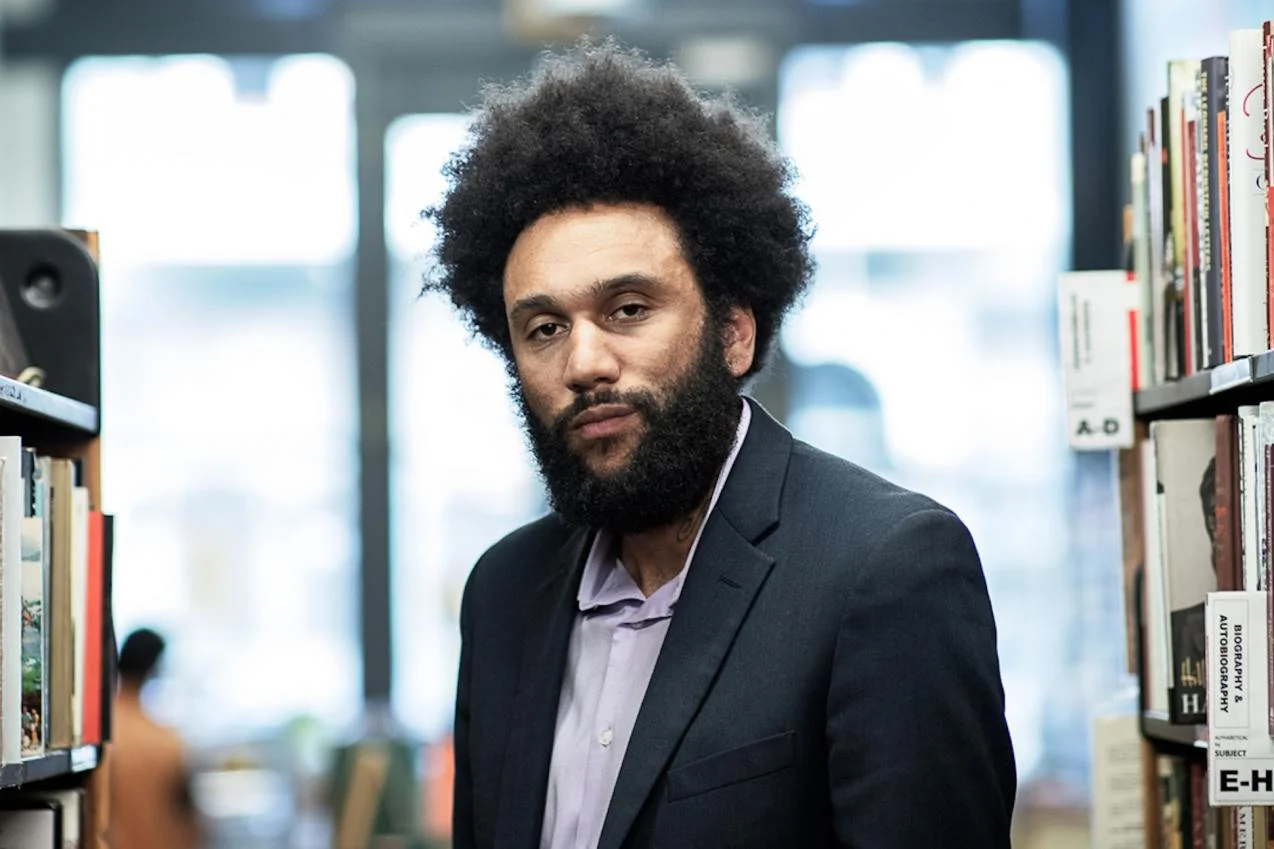Gary Larson
Looming on the horizon is the return of the San Francisco Moby-Dick Marathon at the Maritime Museum in Fort Mason, during which (you guessed it), all 135 chapters of Herman Melville’s opus will be read out loud. It goes down from 12pm on October 13 straight through to 12pm on October 14. Adobe will be represented during the reading, and you can participate too—it looks like some spots are still available!
If the idea of reading the whole damn book gives you something resembling seasickness, then dipping into the Marathon at your leisure might be a livelier way to get a taste of Melville’s pointed ruminations, which pop up often and in unexpected ways.
Take, for example, an early passage in which the narrator, who we call Ishmael, makes an observation about how a cold room can enhance the feeling of a warm bed and expands it into an apt commentary on experiencing the world that echoes both the classical dialectic and Taoism: “Truly to enjoy bodily warmth, some small part of you must be cold, for there is no quality in this world that is not what it is merely by contrast. Nothing exists in itself. If you flatter yourself that you are all over comfortable, and have been so a long time, then you cannot be said to be comfortable any more.” Word!
I am also reminded of the great Canadian folksinger Willie Dunn’s take on Chapter 111 of the book, “The Pacific”, found on his 1980 album of the same name. Hear him read, over his band’s mellow noodling, Melville’s moving imagery which has Pacific ocean waves bridging the time and space between “new-built Californian towns” and “Asiatic lands, older than Abraham.”
Melville spent a brief amount of time in San Francisco in 1860, as the Marathon’s website explains:
“It took 135 days to sail from Boston to San Francisco. (The Panama Canal, of course, wouldn’t exist for another fifty years, so they had to sail all the way around South America and the Straits of Magellan.) ...When the ship finally docked, Melville’s arrival made the local newspapers:
Coming.— Herman Melville, author of “Typee,” ” Omoo,” and other works, has arrived in San Francisco by the Meteor. (Sacramento Daily Union, 15 October 1860)
Herman Melville. — This well known author arrived here on board the ship Meteor, a few days since, from New York, and, as we learn, intends to return by the next steamer to New York. He is the author of several interesting novels — chiefly descriptive of sea life, and has long; since made his mark in the world of letters. Like Dana, he is on a tour of observation, and has made the trip around Cape Horn to benefit his health. Perhaps some of the literary institutions might prevail on him to favor us with a lecture or two before his departure. (Daily Alta California, 18 October 1860)”
Notice that the newspapers fail to mention Moby-Dick by name, published nine years before his arrival to San Francisco but largely forgotten until the 1920s. Melville didn’t continue on to China as planned, but kicked around the area that is now Fort Mason and spent some time at the house (and occasional literary salon) of Jessie Benton Fremont, the well-known John C. Fremont’s wife. Soon after, he returned East.
// jamie a.












